In the golden era of blogs, few labels boasted the talent and consistency of Maybach Music Group (MMG). Led by the legendary Rick Ross, the label housed an impressive roster, including Stalley, Pill, Gunplay, Wale, and Meek Mill from Philadelphia. Ross and Meek, born William Roberts and Robert Williams respectively, emerged as a dynamic duo, with Meek serving as both a stylistic protege and one of Ross’s most formidable lyrical sparring partners.
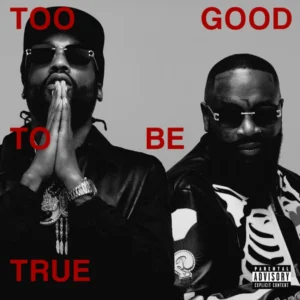
Their collaboration yielded smash hits like “I’ma Boss,” resonating through car stereos, while album cuts ranged from luxurious rhymes to thunderous, hi-hat-laced bangers. Despite their undeniable chemistry, their collaborative album, “Too Good to be True,” arrives at a time when neither artist is at their prime, resulting in a project that struggles to meet expectations. The album attempts to capture the essence of their early work, appealing to fans’ nostalgia, but it falls flat with dated and soulless tracks that lack the vitality of their earlier creations. The project endeavors to recapture the energy of a bygone era, but the songs feel stale and uninspired, overshadowed by the artists’ past achievements. Even guest features, like Future on “In Luv With the Money,” contribute to the overall sense of dated energy. Rick Ross appears lackluster and checked out, delivering lazy rhymes and uninspiring instrumentals, a stark contrast to Meek, who still raps with a sense of purpose.
While there are a few bright spots, such as “Go To Hell” and “SHAQ & KOBE,” where Meek and Ross display their trademark chemistry, the album overall falls short of its potential. The standout track, “Fine Lines,” featuring Wale and The-Dream, highlights Ross at his best but lacks Meek’s contribution. In contrast to Meek’s energetic verses, Ross’s lackluster effort is evident across most of the album. Despite their recent freestyle on Funk Flex’s Hot 97 show, where Meek showcases his prowess while Ross appears disengaged, the album fails to capture the magic of their earlier collaborations. Ultimately, “Too Good to be True” struggles to surpass the bar set by the duo’s illustrious history.


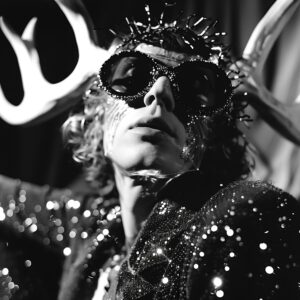
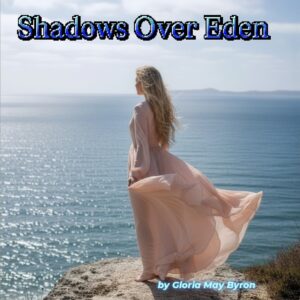
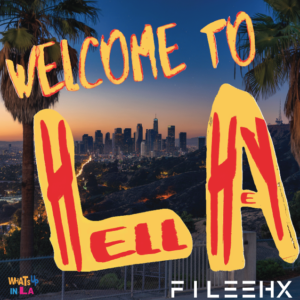

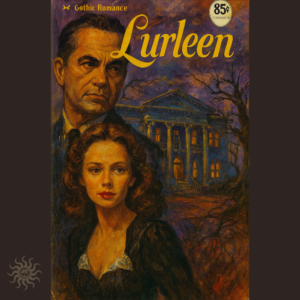


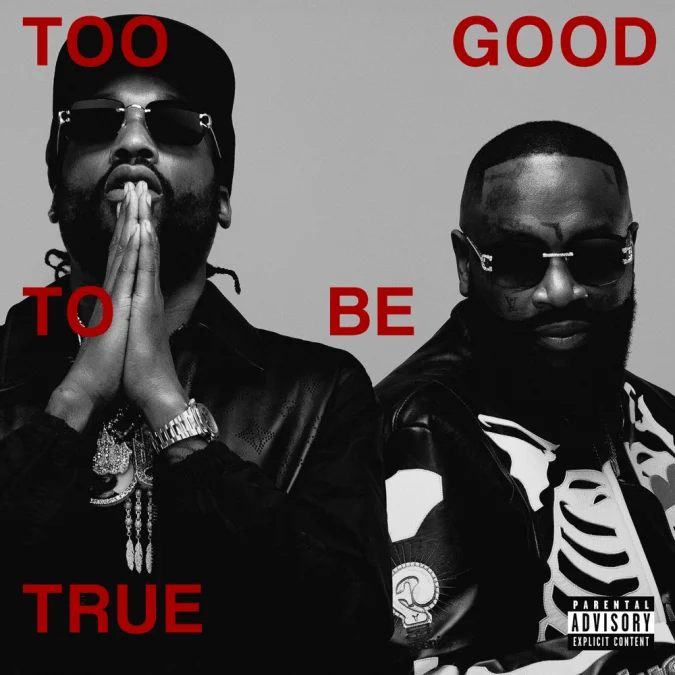

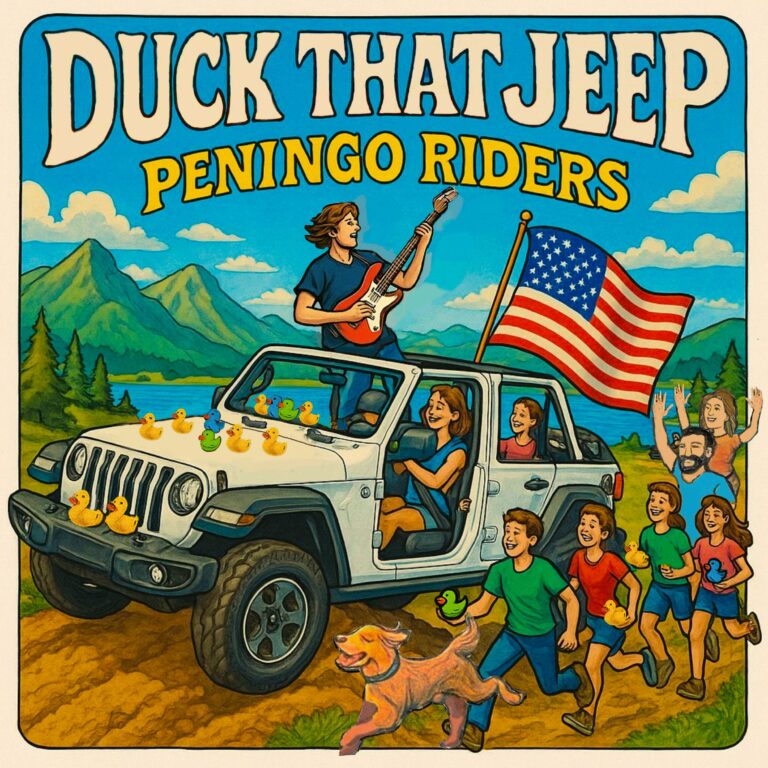
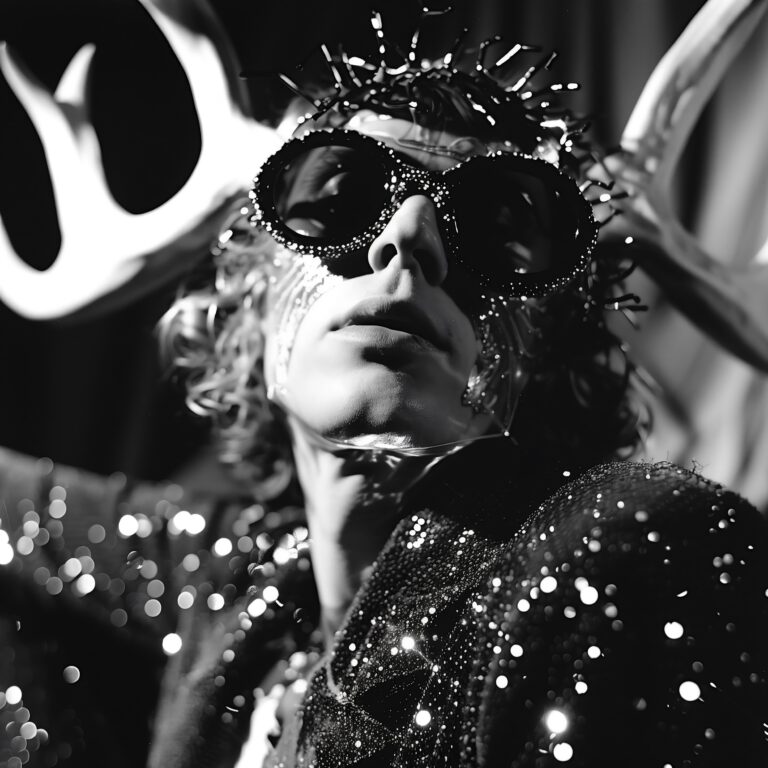
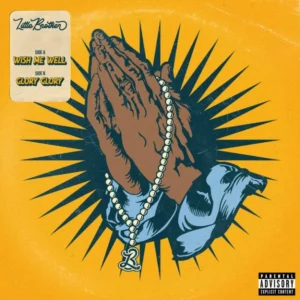
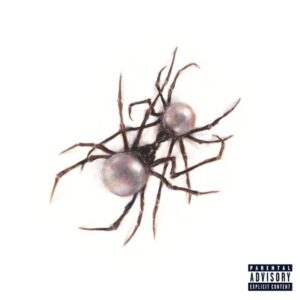
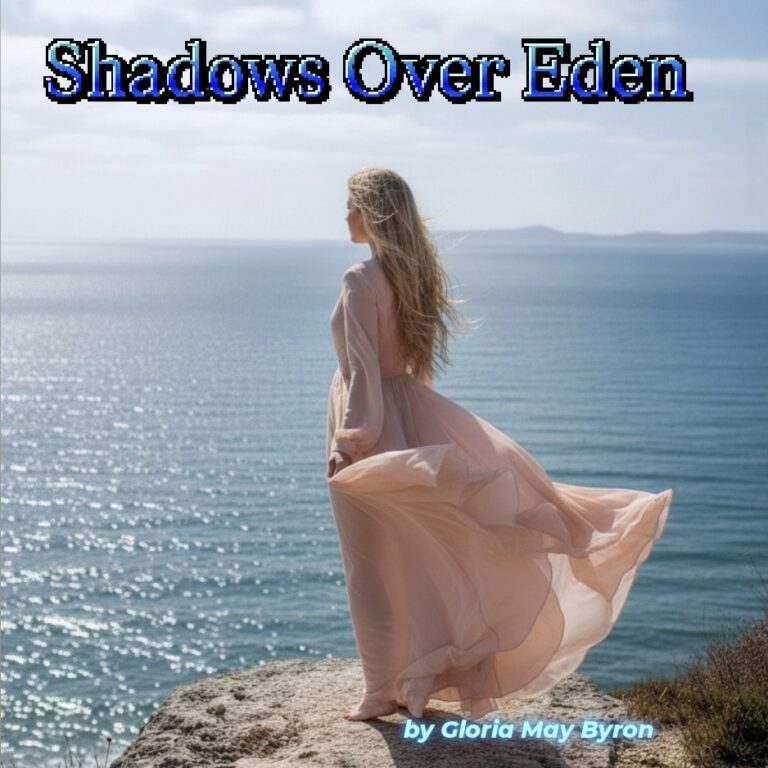
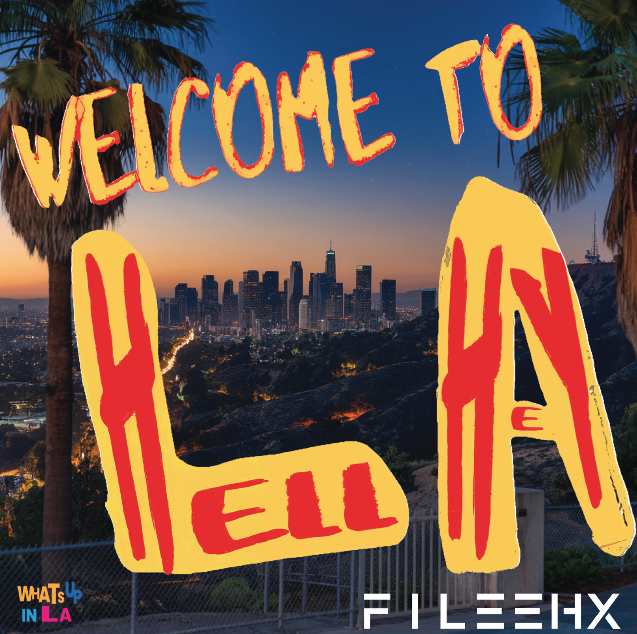

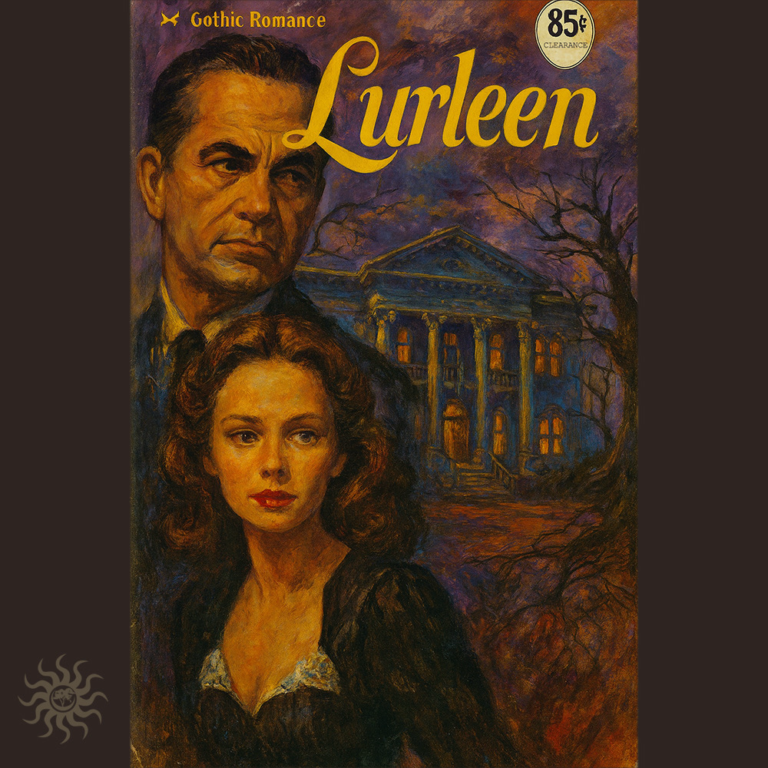
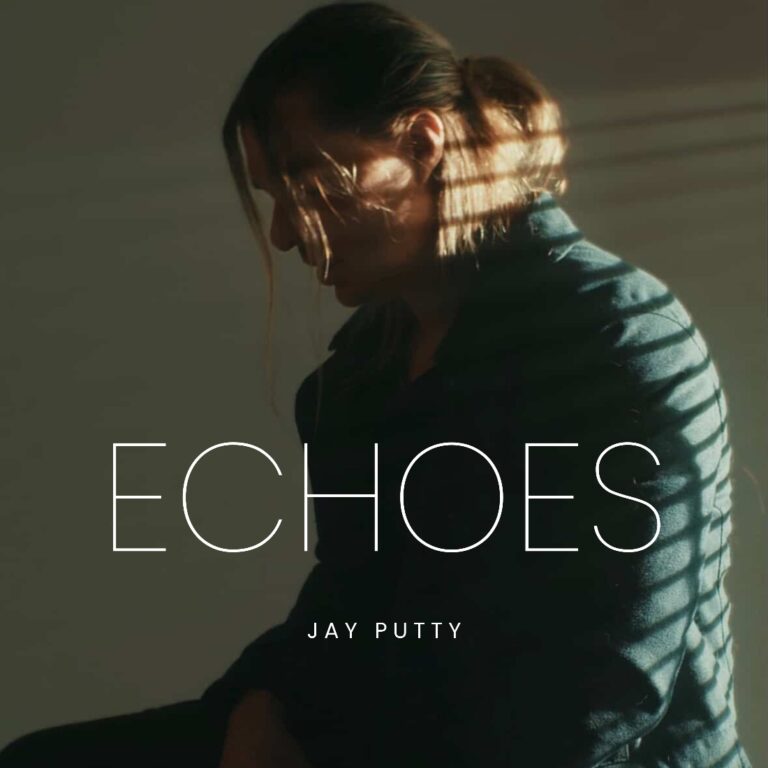
+ There are no comments
Add yours